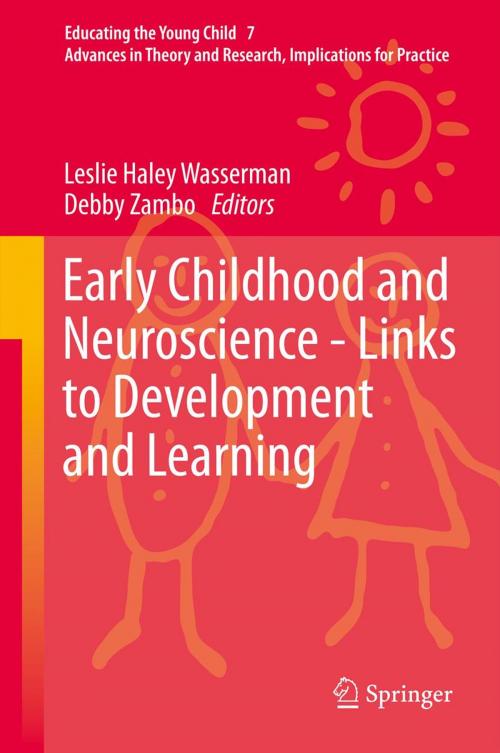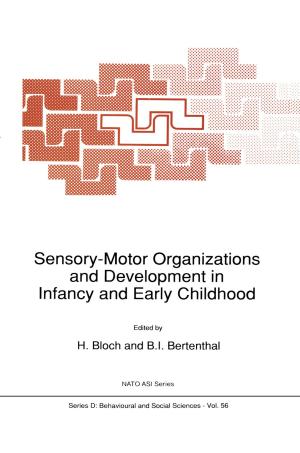Early Childhood and Neuroscience - Links to Development and Learning
Nonfiction, Reference & Language, Education & Teaching, Preschool & Kindergarten, Health & Well Being, Psychology, Child & Adolescent, Child Development| Author: | ISBN: | 9789400766716 | |
| Publisher: | Springer Netherlands | Publication: | June 3, 2013 |
| Imprint: | Springer | Language: | English |
| Author: | |
| ISBN: | 9789400766716 |
| Publisher: | Springer Netherlands |
| Publication: | June 3, 2013 |
| Imprint: | Springer |
| Language: | English |
Information from neuroscience is growing and being properly used, and misused wich makes it imperative that educators receive accurate and practical information. This book provides the accurate and practical information educators (pre-service and in-service) and caregivers serving children birth through age 8 need to know. This volume takes a practical and cautionary stance. It reminds educators to consider the ethical implications of neuroscience when it is applied to education, reviews current findings from neuroscience and reveals the dangers of oversimplification and inappropriate extensions of neuroscience into curricula. It brings together a group of authors with varied expertise writing on an array of inter-related educational topics that will help educators use neuroscience to understand and address the cognitive, emotional, social, and behavioral needs of all young children, including those with exceptionalities. They believe neuroscience can be insightful and useful to educators if applied ethically and with care. The book offers strategies educators and caregivers can use to affect children today and the adults they can become.
Information from neuroscience is growing and being properly used, and misused wich makes it imperative that educators receive accurate and practical information. This book provides the accurate and practical information educators (pre-service and in-service) and caregivers serving children birth through age 8 need to know. This volume takes a practical and cautionary stance. It reminds educators to consider the ethical implications of neuroscience when it is applied to education, reviews current findings from neuroscience and reveals the dangers of oversimplification and inappropriate extensions of neuroscience into curricula. It brings together a group of authors with varied expertise writing on an array of inter-related educational topics that will help educators use neuroscience to understand and address the cognitive, emotional, social, and behavioral needs of all young children, including those with exceptionalities. They believe neuroscience can be insightful and useful to educators if applied ethically and with care. The book offers strategies educators and caregivers can use to affect children today and the adults they can become.















